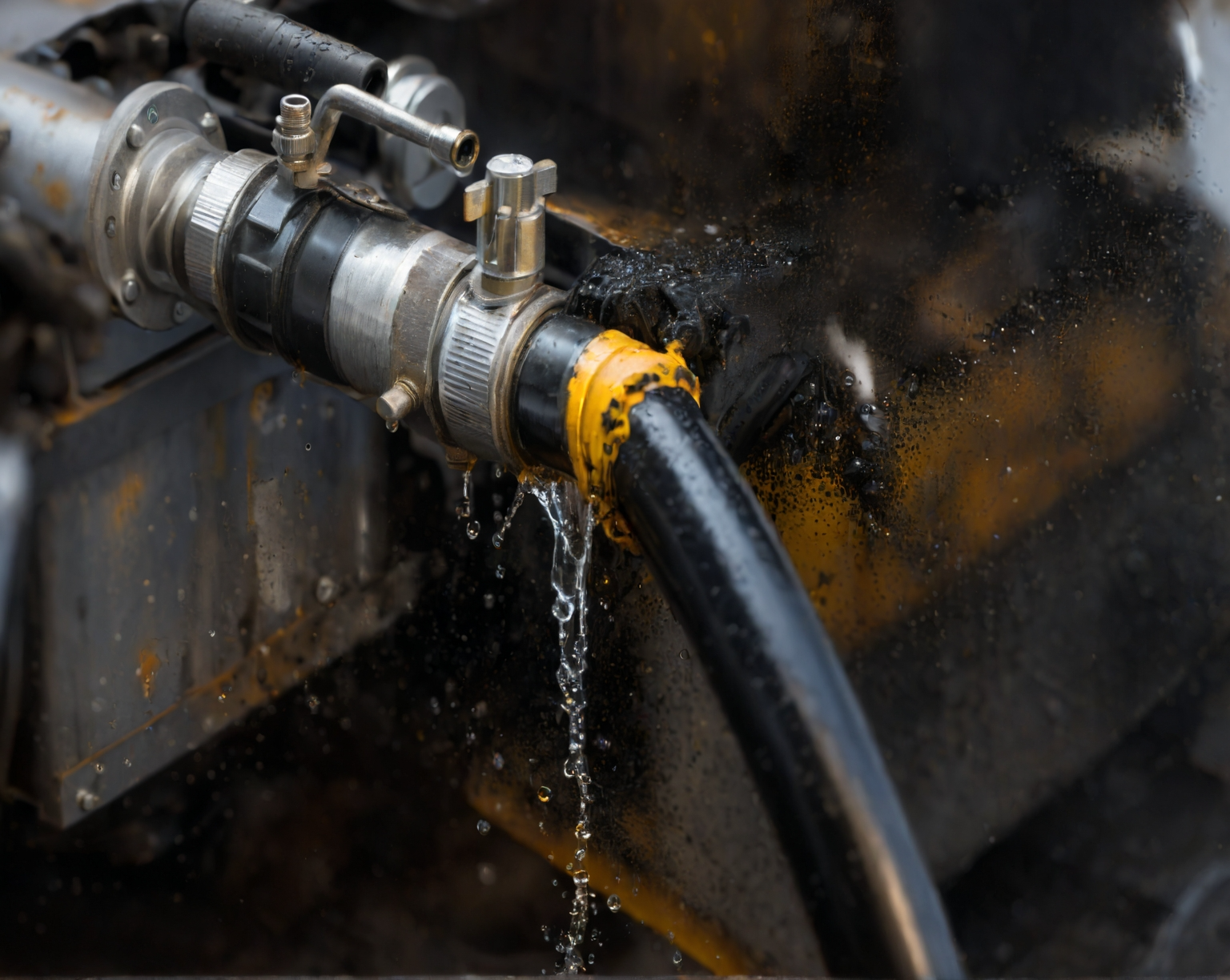Blog
Hydraulic Fluid Leak Prevention: Best Practices for Equipment Longevity
February 24, 2025
Learn best practices for hydraulic fluid leak prevention to extend equipment life. Trust Broda Hose for high-quality solutions and expert service.
Hydraulic systems are essential for the efficient operation of industrial machinery, including construction and manufacturing equipment. However, hydraulic fluid leaks can be detrimental, leading to reduced efficiency, increased downtime, and costly repairs. Understanding the causes of these leaks and implementing preventative measures is crucial for equipment longevity.
What Causes Hydraulic Fluid Leaks in Machinery?
Hydraulic fluid leaks can occur due to various factors, often stemming from wear and tear or improper maintenance. Some of the most common causes include:
• Deterioration of Seals and Gaskets – High temperatures, pressure fluctuations, and exposure to harsh chemicals can cause seals and gaskets to break down, allowing fluid to escape.
• Damaged or Worn-Out Hoses and Fittings – Cracks, loosened fittings, or abrasions can lead to leaks.
• Improper Installation – Incorrectly installed hydraulic components can lead to system inefficiencies and leaks.
• Fluid Contamination – Dirt, water, and other contaminants can cause internal damage, increasing the risk of leakage.
Identifying the root causes of leaks is essential for effective prevention.
Best Practices for Hydraulic Fluid Leak Prevention
Preventing hydraulic fluid leaks requires a combination of regular maintenance, proper installation, and continuous monitoring. Here are some key strategies to consider:
1. Routine Inspections and Monitoring: Regular inspections help identify issues before they escalate. Checking hoses, seals, and connections for early signs of wear or damage can prevent leaks. Using monitoring tools like pressure gauges and flow meters can help detect performance variations, enabling early intervention.
2. Proper Maintenance of Hydraulic System Components: Scheduled maintenance is crucial in preventing leaks. Regularly inspecting, replacing, lubricating, and cleaning hydraulic components minimizes wear and contamination. Proper fluid filtration also helps prevent debris from damaging seals and hoses.
3. Correct Installation Techniques: Following manufacturer guidelines during installation is fundamental in preventing leaks. Ensuring that fittings are tightened to the recommended torque, hoses and pipes are securely fastened, and components are correctly aligned can significantly reduce leakage risks.
4. Upgrading Hydraulic System Components: Investing in high-quality, leak-resistant components can help prevent hydraulic fluid leaks. Choosing durable hoses, fittings, and seals made from advanced materials resistant to wear, corrosion, and chemical degradation reduces the likelihood of leaks. Upgrading to modern, leak-resistant hydraulic components enhances performance and reduces long-term maintenance costs.
For an in-depth guide on hydraulic leak detection and solutions, visit Understanding Hydraulic Leaks: Causes, Impacts, Detection, and Solutions.
Reliable Solutions for Hydraulic Fluid Leak Prevention
For businesses looking to implement reliable solutions for hydraulic fluid leak prevention, Broda Hose offers a comprehensive range of high-quality hydraulic components and expert services. Our top-tier products and technical expertise help ensure the longevity and efficiency of your hydraulic systems, reducing downtime and enhancing operational performance.
Implementing these best practices will help maintain the reliability of hydraulic systems, extend equipment life, and improve overall productivity. Prevent leaks before they happen and keep your machinery running smoothly with proactive maintenance and high-quality components.
Optimized by: Netwizard SEO